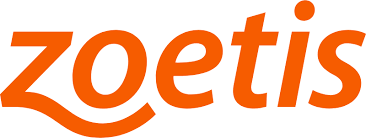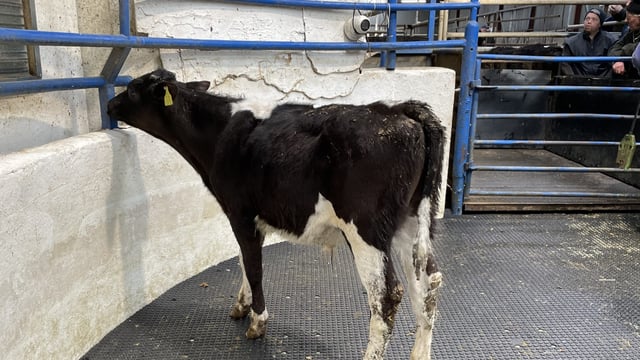Sponsored Article
How one farmer protects his calves from pneumonia
Sponsored Article

Kevin Moran farms 105ha with 260 cows in a spring calving grass-based system in Caherlistrane, Co. Galway. All their calves are contract reared from 13 weeks old to the point of calving.
The farm has had some issues with pneumonia in the past, which presented in unweaned calves at around eight weeks of age.
Last year, Kevin sat down with his vet, Paul Cummins from Ballinrobe Vets to review their herd health protocols and together they agreed to put in place a comprehensive vaccination programme.
Kevin said, “We vaccinated all our young calves with Rispoval® RS+Pi3 IntraNasal at nine days old, followed by a single intramuscular injection of Rispoval® 2 and Rispoval® IBR-Marker live at 13 weeks.
“We made improvements in other areas of calf rearing too such as colostrum management, cleanliness, and hygiene of feeding equipment right through the calf rearing phase."
He said that they also made improvements to the calves' daily routine, such as bedding, while reducing the number of calves per pen.
"The vaccine programme was one part of the overall package of measures we implemented, but we really found that it was the vaccination protocol that brought it all together well," he continued.
With the Rispoval 2 single dose booster there was no coughing, and we had no cases of pneumonia throughout the spring and summer, even during difficult weather periods.
"This has made calf rearing a lot more enjoyable as there was a far better thrive and a better average daily gain, on the back of the Rispoval 2 vaccine.
"It has also dramatically reduced our veterinary bill because we're being proactive rather than being reactive.”
Kevin’s vet, Paul Cummins added: “The main causes of viral pneumonia in Ireland are bovine respiratory syncytial virus (RSV), parainfluenza virus 3 (Pi3), and infectious bovine rhinotracheitis (IBR).
"We can protect young calves from nine days using Rispoval RS + Pi3 IntraNasal, and thankfully now we can follow on at three months with a single dose of Rispoval 2 intramuscularly to give continuous protection.
"If you vaccinate your calves intranasally in February or March as they hit nine days old, you can now follow up in May or June with a single shot of Rispoval 2 intramuscularly.
"We are now in a situation whereby using the IntraNasal Rispoval and the intramuscular shot of Rispoval 2 three months later, offers continuous protection throughout the latter end of housing, throughout grazing, and into the next housing season.
He explained that if you continue with Rispoval 2 six months later, calves will get continuous protection up until the start of breeding.
Aurelie Moralis, veterinary surgeon with Zoetis, said, “Pneumonia is the main cause of mortality in calves and weanlings from one month old on Irish farms.
"It is also the most costly disease due to the impact on future performance such as daily liveweight gains, fertility, and milk production.
"The new Rispoval vaccination protocol allows young calves to be protected against RSV and Pi3, key pneumonia pathogens, until the point of breeding with only three injections," she continued.
"This gives farmers peace of mind and makes their day-to-day work easier and more enjoyable.”
Rispoval® RS+Pi3 IntraNasal and Rispoval® 2 contain modified live Bovine Pi3 virus and BRSV.
Rispoval® IBR-Marker live contains Bovine Herpes Virus type 1 (BHV-1), strain Difivac (gE-negative), modified live (attenuated) virus, POM(E).
Use medicines responsibly (www.apha.ie).
Sponsored Article





